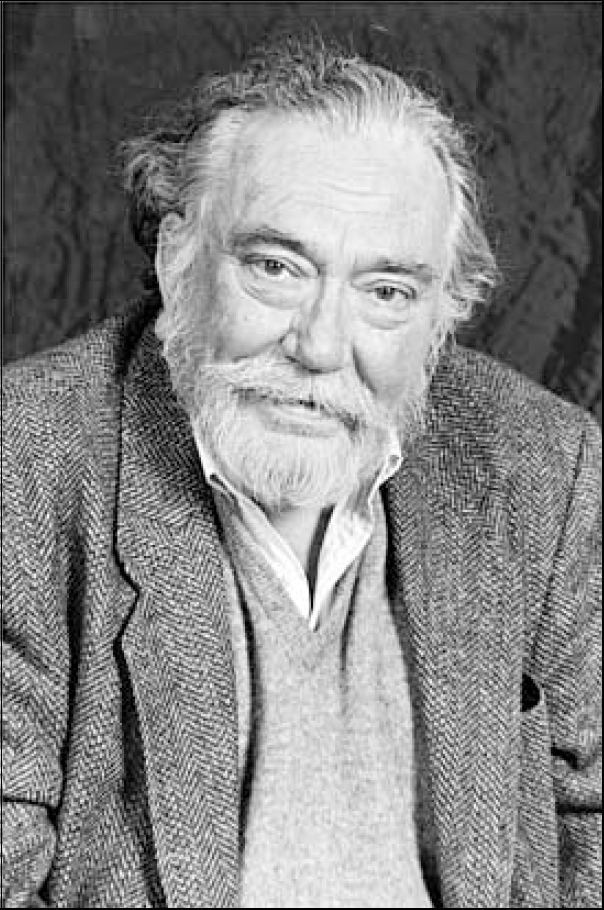George Spaul was born in London on 5 March 1925. Having attended Willesden County School he obtained the Bucknill Scholarship and proceeded to University College Hospital from 1943-1948, part of the time being spent in Leatherhead, to where the hospital had been evacuated. The scholarship was very significant, as Dr Bucknill, the originator of the scholarship, was a very distinguished psychiatrist.

He qualified MB, BS (Lond) in 1948 and his first house officer post was at the Towers Hospital, Leicester, starting on the ‘appointed day’ — when the NHS was first started.
He did his National Service in the Royal Army Medical Corps, becoming a junior specialist in psychiatry, and entered his formal psychiatric career as registrar at Shenley Hospital. He became a senior registrar at Belmont Hospital in 1954 where he came under the influence of Dr Maxwell Jones, his Unit at Belmont being the progenitor of the Henderson Hospital. This was George's first contact with the concept of the therapeutic community. He then attended the Tavistock Clinic course in group therapy.
He became a senior house medical officer at the Coppice Hospital, Nottingham, working with Dr Keith Woddis, and had further experience of group therapeutic techniques. In 1965 he was appointed at the Towers Hospital as a consultant and remained in the Leicester area for the rest of his professional career, retiring in 1987.
I had the good fortune to join him at the Towers in 1967 and worked with him in a true partnership up to his retirement. He embarked on setting up the Francis Dixon Lodge (FDL), a therapeutic community in the grounds of the Towers, which is still very active and is a proper tribute to his foresight and clinical acumen. He undertook lecturing and group work for the Midland course in group work and family therapy, as well as being the consultant for the Samaritans, Cruse and the Marriage Guidance Council. He continued work at the FDL until 1992, on a part-time basis after his retirement from general psychiatry.
George was a founder Member of the Royal College of Psychiatrists in 1971 and then became a Fellow in 1980. He was a very competent and most caring psychiatrist with whom it was a pleasure to work. His patients could always rely on his integrity, knowledge and compassion in dealing with their problems.
I was fortunate enough to work with him for many years and owe him a debt that I am unable, fully, to express as a colleague, a friend and a family man. He had the support of his wife, two sons and daughter at all times. Only his daughter followed him into the medical profession, his sons taking after his other interest in the theatre. He himself was a fine actor, a producer and authority on English literature. His interest in natural history continued to his last days. He was a keen gardener and bred many somewhat esoteric animals in his collection of glass-houses.
A much loved man who will be sadly missed.



eLetters
No eLetters have been published for this article.